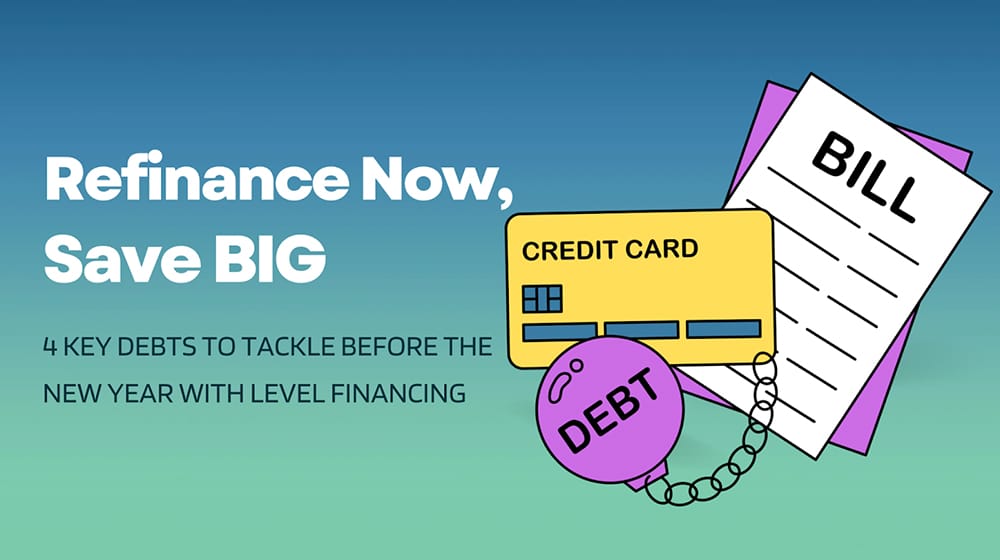One way people can improve their financial situation is by asking their employers to give them a raise.
However, salary negotiation is not the easiest task in the world.
First, managers are naturally reluctant to increase the company’s costs, as maximizing its profitability is their job. Second, you may feel that asking your employer for a higher salary may cause the company to lose trust in you and damage your work relations.
However, by following these tips on negotiating a pay raise, you can maximize the chances of your request being successful and minimize the negative impact on boss-worker relations.
#1 Research the Average Salaries for Workers in Your Position
Information is power. Knowing how many people working in your same position at other companies are making can give you an advantage during negotiations, especially when your current salary is below the industry standard.
Job listing sites like Indeed can be a good source to find out how much people working in your position typically earn.
Employers typically want to avoid developing a reputation for underpaying their workers. They also don’t want to lose them to competing companies that may offer them their desired salary. Showing them that you are aware of what the average salary in the industry is can be very helpful. However, it’s important not to use this knowledge as a weapon. The best way to communicate it is by showing that you are happy to work in this position at your current company, even though you are aware that you should have been earning more from the beginning.

#2 Ask for a Raise When the Company is Doing Well Financially
When companies are going through difficult times due to issues like low revenues or high debt, managers are particularly cautious regarding increasing costs. Asking for a raise during one of these periods may not be the best way to proceed.
In contrast, if the company is doing very well because it had a good year or found a new major client, your boss may be more receptive to the idea of giving you a raise. It’s ok to mention that you waited for the company to recover from a previous difficult moment before asking for a raise. This will show your employers that you can about the company’s future and that you’re not simply motivated by self-interest.
#3 List All Your Accomplishments at Your Current Company
Preparing a list of all the ways in which you have contributed while working for your current company can help your employer better evaluate if you deserve a raise. Bosses have to look after a large number of workers. Keeping track of all the achievements and contributions of each employee is not always easy.
This list should be realistic and based on proven results that you obtain while working in your current position. When negotiating salary increases, you shouldn’t come across as bragging or appropriating yourself of results achieved by others. For example, you could mention the number of new clients that you helped the companies secure or a system that you have implemented to keep costs down without decreasing productivity.

#4 Explain How a Salary Increase Would Make You More Motivated and Productive
As mentioned earlier, employers have a natural reluctance towards cost increases, as they fear that these could negatively impact the profitability of the company or that particular department. Part of the negotiation process should be explaining to your boss that a pay raise would have a noticeable impact on your productivity and, ultimately, on the company’s bottom line. This would allow them to see your pay request in a new light.
Explain to your employer that you would see a pay increase as a vote of confidence from the company, making you feel more motivated and willing to put in extra work, as well as take additional responsibility. Help them see that a salary increase is not a cost but rather an investment.
#5 Prepare a Written Copy of Your Request
There is a high likelihood that your boss will need some time to evaluate your request or consult other people in human resources before making the final decision. While you should discuss a pay raise in person, it’s also wise to bring with you a copy of your request.
The written copy shouldn’t be too long but should highlight all the key elements of your request. It should be easy to read and well-documented, allowing your boss to.

#6 Be Confident and Authentic
Being respectful and polite is certainly key. However, it’s also crucial to show your employer how much you believe you deserve a pay raise. A confident attitude it’s key when handling this type of negotiation. Of course, confidence is not the same as coming across as arrogant, demanding, or ungrateful. It means that you should be able to explain with clarity and conviction why and how your added value deserves a raise.
Throughout the conversation, be yourself, and don’t try to put on a mask. Get in touch with the best aspects of your personality and let them shine during the negotiation. Your employer should perceive your request for higher pay comes from a place of sincerity, which can go a long way in making them consider your request more seriously.
#7 Rehearse the Conversation with a Friend, Relative, or Colleague
Like everything else in life, training for something will significantly impact your final results. Negotiation skills are no different. That’s why you should ask a person you trust to help you rehearse the salary negotiation. While a friend or relative can definitely be of help, colleagues will probably be even more effective because they already know the environment you work in and have probably already interacted with your boss in the past.
Tell them not to go easy on you during the rehearsal and to treat you like they would treat one of their employees if they owned a business. Practice the conversation 2 or 3 times at least before going to the actual meeting.





